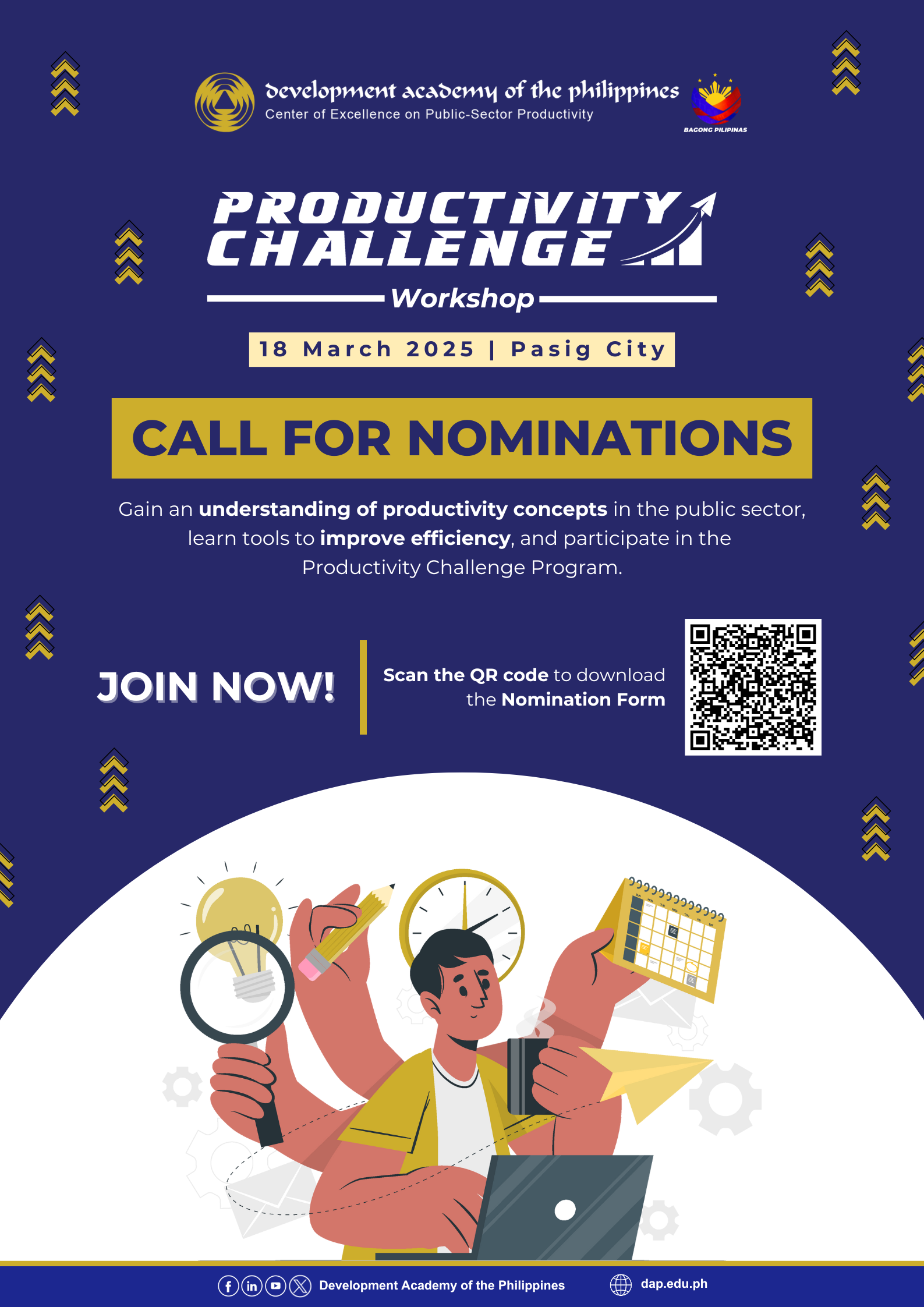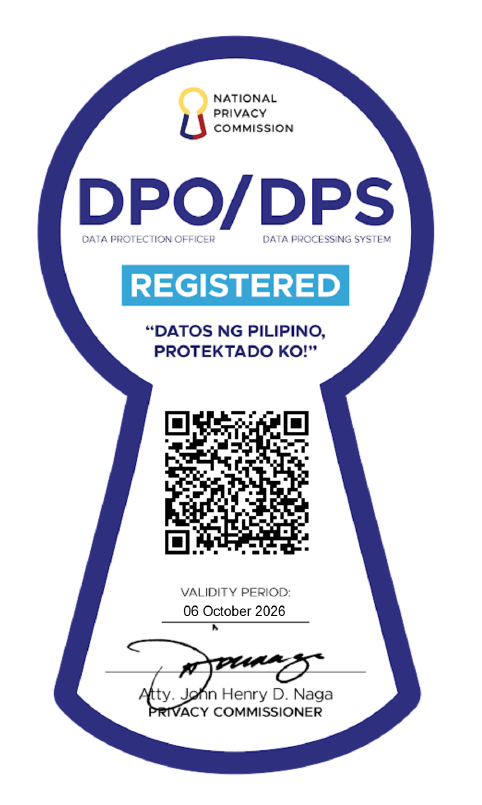In spite of the challenges during the COVID-19 pandemic, frontline government agencies and staff still got an almost good overall nationwide satisfaction score of 70.14 out of 100, according to the results of the 2020 Citizen Satisfaction e-Survey (eCitSat) that was participated by 2,066 respondents across the country.
Based on the e-survey result, Mindanao topped the rankings with a 75.80 score, followed by Visayas with score of 71.98 and Luzon with 68.74, which is below the overall satisfaction score of 70.14.
Government to Citizen (G2C) Satisfaction Score per Island Group
“Looking into the results of this national e-survey can help government agencies continually improve the design and delivery of frontline services whether face-to-face, telephone call, or online,” the report highlighted.
The Philippines’ citizen satisfaction score reflects the depth of challenges and ongoing efforts of the government to deliver services that will meet minimum expectations of citizens in the midst of movement restrictions, health protocols, and economic slowdown because of the pandemic.
“It’s good to have this survey so that the government can improve their services,” according to one respondent.
The Development Academy of the Philippines (DAP) ran this online survey to find out the citizens’ level of satisfaction and their expectations with government frontline services for the year 2020. In its 10-day run from December 14-23 last year, 71% or 1,470 citizens had personal transactions in 2020 through visit, call, or online contact with 32 national government agencies at the department and agency levels, one state university and college, and 91 local government units at the barangay and municipal or city levels.
Respondents gave their ratings using a five-point Likert scale where 5 is very satisfied and 1 is very dissatisfied. The overall ratings were then converted to a satisfaction score ranging from 0 to 100.
Government agencies with frontline services rated by the citizens in this survey include the 8888 Citizens’ Complaint Center, Armed Forces of the Philippines, Bangko Sentral ng Pilipinas, Bureau of Internal Revenue, Bureau of Plant Industry, Civil Service Commission, Commission on Election, Department of Agriculture, Department of Environment and Natural Resources, Department of Foreign Affairs, Department of Health, DOH-Rural Health Unit and Government Hospitals, Department of Labor and Employment, Department of Social Works and Development, Department of Trade and Industry, Government Service Insurance System, Home Development Mutual Fund, Land Bank of the Philippines, Land Registration Authority, Land Transportation Office, Local Government Units, Maritime Industry Authority, National Bureau of Investigation, National Mapping and Resource Information Authority, National Home Mortgage Finance Corporation, Office of the Ombudsman, Overseas Workers Welfare Administration, Philippine Health Insurance Corporation, Philippine National Police, Philippine Overseas Employment Administration, Philippine Post Office, Philippine Statistics Authority, Social Security System, and the University of the Philippines.
Unlike the 2020 e-survey, the first whole-of-government satisfaction survey for citizens or CitSat was conducted in 2018 at the frontline service facilities using android tablets and aided by enumerators. Although the 2020 e-CitSat sample size was lower compared with the 2018 CitSat, it represented a wider reach of survey respondents. In 2018, respondents were only from four mega areas namely, Metro-Manila, Pampanga, Cebu, and Davao. But in 2020, respondents came from all 17 regions of the country. Aside from online advertisement in the DAP website and social media accounts, assistance from the National Telecommunications Commission and the Smart nationwide text blast helped reach a greater number of citizens.
The national Citizen Satisfaction and Business Satisfaction surveys being conducted by the DAP-Productivity and Development Center under the Government Quality Management Program are critical tools in helping the public sector better understand the needs and perceptions of the Filipinos and identify areas for improvement.
The DAP seeks to empower leaders, strengthen institutions, and build the nation through pioneering, value adding, synergistic ideas, concepts, principles, techniques, and technologies addressing development problems of local, national, and international significance. DAP – PDC offers capability building, technical assistance, and research related to productivity and quality improvement. For more information, visit www.dap.edu.ph, email pdc.pdro@dap.edu.ph or call 0977-8263077.
Read the details of the 2020 CitSat Survey Result Report and view the previous 2018 CitSat Survey Result Report – http://bit.ly/SQS2021IEC.
XXX




